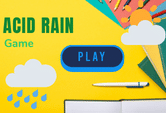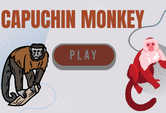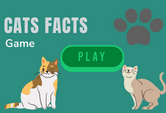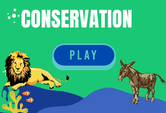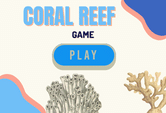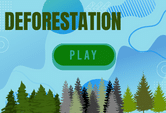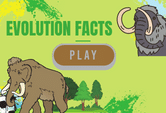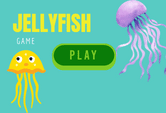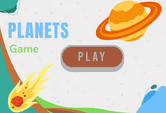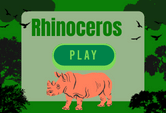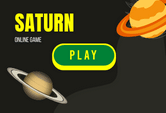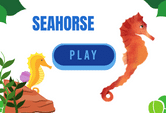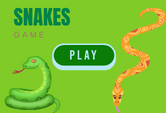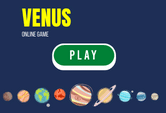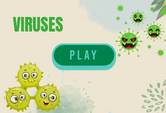Science Games For Kids 1st to 9th Grades | Scientist Games
This page features a collection of science games for kids aranged by grades. | science of games | science games pbs | scientist games | totally science games | totally science game | science 4 noobs games | mathsspot roblox | Math Lesson Plans for 2nd Grade |
Science of games | Fun with science games
This page contains links to interactive science games of a wide variety. Children can practice any science skill with any game of their choice. The games are fun and have an educational component to each. These games can be played in the classroom as science tests or at home to review just about any skill. We have games on geography for children, biology games, chemistry games, astronomy games and more. Some of the games children will play here include: pirate games, word search puzzles, snakes and ladders games, crocodile game, war zone game, zombie game, basketball science games and more. The games are so much fun; take the example of the crocodile game - children get to answer science questions on a given topic, roll the dice and move the number of spaces shown by the dice. The outcome of the dice is not always certain hence there is the chance that players fall on uncomfortable spots where they may be asked to go back to start or be eaten by a crocodile. The pirate game collection is actually based on a pirate battle at sea in which two pirates aim at and shoot at each other’s ship. During the course of the battle, children answer questions and select the correct answers. The zombie board game is based on a similar concept like the two earlier mentioned games. The main difference is that the main obstacles on the way are the zombies that are ready to attack. Children too are required to roll a dice in order to move spaces forward. There are also science puzzles online; the word search puzzle games are a good example. Students are expected to find missing words (often vocabulary on a particular subject) within the puzzle. Also check out our science worksheets section to complement the skills learned here. These games are free and always online. Children in year 1 science, year 2, year 3, year 4, year 5, year 6 and year 7 will also find these resources interesting. Stay tuned for more games.
These online science games will satisfy your child's curiosity. These games introduce children to scientific concepts in an understandable way and promote understanding with engaging and stimulating activities. When combined with traditional teaching methods, interactive science games can create a unique learning experience. Ecosystemforkids has a wide selection of science games for kids that cover topics such as weather, animals, the human body, photosynthesis, landscapes and life cycles. You will find that our games engage and captivate your child. This makes learning a memorable experience.
Class Appropriate Games
Ecosystemforkids’s games are designed with a grade level in mind. They are also suitable for classroom individual and group exercises. This way, children learn at the right grade level and the subject matter is not too difficult. This makes the games both challenging and fun. And learning is achieved during the process.
To catch your child's attention, the animations are colorful and bright. With science games that offer multiple difficulty levels, your child will not get bored. They will learn about animals, plants and matter, but also about sounds, matter, body parts, insects, reptiles and the solar system.
Improved memory and concentration games
These interactive games can help improve your child's concentration. These games require concentration due to the fact that some have timers. Many games, such as pirate board games, are about training memory and speed. To match a mother and her baby, this game requires your child to turn over cards and answer questions. Your child may not even realize it's an educational activity as they progress through the science games. You can watch your child play and discuss it with them. After playing for a few minutes, you may be amazed at the detailed answers your child will give you.
Children's science games: What can be learned?
Science games are a fun way for students to learn scientific concepts and knowledge. Learning becomes a fun activity that students return to again and again to practice their skills and retain important concepts. You will be amazed at the variety of concepts they will learn by doing so.
How to learn about animals through animal games
Students begin with basic animal identification and then move on to developing identification and classification concepts. Students learn about animal groups and the characteristics that make an animal belong to that group. This knowledge is essential for formal taxonomic classification. Learning about animals also includes understanding what animals eat, their habits, and where they live. Some distinct external features also make one organism different from the next.
Some games about plants
Most children learn the basics of the life cycle of plants by studying diagrams. Classifying the different types of plants is also an important part of their understanding of flora species. Students learn everything they need to survive, from flowers to vines. The learning process also includes basic identification of the different plants.
The human body and its parts learned through games
There are loads of fun games on human body parts and their functions. Students begin by identifying body parts and learning the names of the body parts. Students learn about the entire body from the inside out. The body is an incredible structure that allows us to live and thrive. Anatomical knowledge is important to understand how each part should be cared for.
Games that teach weather facts
The study of weather and seasons begins with identifying the four seasons. Students learn about the months and types of weather and the changes and weather associated with them. Students learn how the seasons change as we move from north to south across the globe. Observe the weather outside each day so children understand the concept and purpose of rain and clouds. Students may be interested in more extreme weather, such as natural disasters. Learning about the water cycle is an important part of this section. There is an interactive labeling game on the life cycle.
The concept of the food chain learned through games
The way our ecosystem works has a lot in common with food chains and the great cycle of life. Students learn more about the world by studying organisms, from the largest mammals to the smallest amoebae. Understanding the structure will allow students to see themselves as part of the structure of this planet. In the food chain green plants are the main producers of food through the process of photosynthesis.
Learn different concepts related to the Earth and natural resources
The Earth has several mechanisms that are interrelated in the way they operate. Students learn about the world and its structure, from rocks to natural resources. Children will be fascinated by the layers of the Earth, oceans, and waterways. They will also learn how landforms are formed, especially when volcanoes and earthquakes are included.
Science games can help expand your students' understanding of the world and give them a platform to explore any topic that interests them. For this purpose, we have created loads of earth science related games using the different game templates.
Materials and their properties
Through the games in this section, students will learn about the texture of materials and how they differ from one object to another. Through such games, students will understand just by looking at pictures the nature of the materials that were used to create each item.













